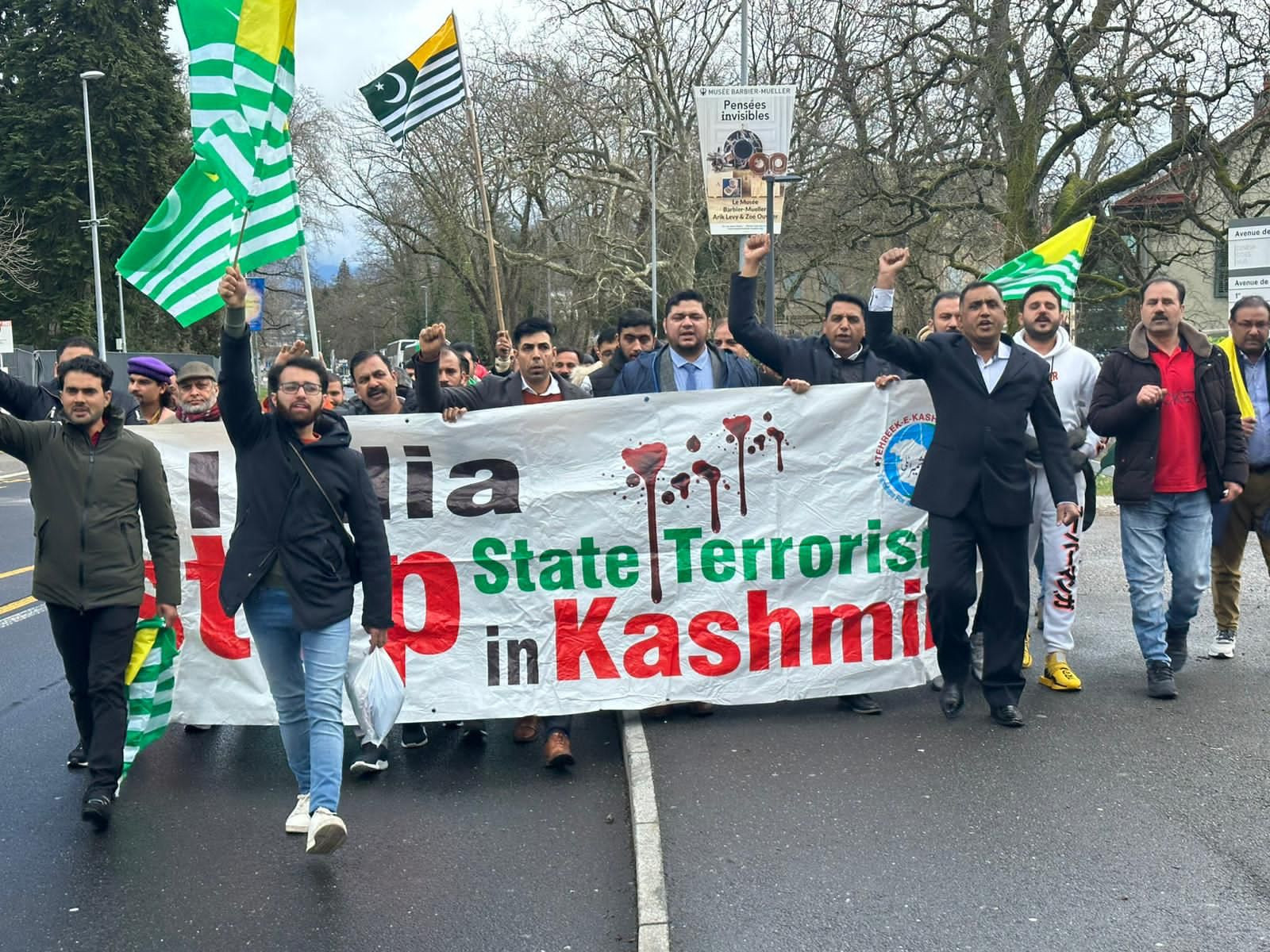
India's Supreme Court is scheduled to announce its verdict on a series of petitions challenging New Delhi's imposition of direct rule in Kashmir on December 11, as reported by The Times of India on Friday. In 2019, the ruling Bharatiya Janata Party (BJP) revoked the special status of occupied Kashmir by abolishing Article 370 of the constitution. This article restricted the Indian parliament's authority to enact laws in the region, except in defense, foreign affairs, and communications.
The move allowed people from other parts of India to buy property and settle permanently in Kashmir. Critics, including Kashmiris, international organisations, and opponents of India's Hindu nationalist-led government, viewed the decision as an attempt to alter the Muslim-majority demographics of Kashmir with Hindu settlers.
A five-member bench, led by Chief Justice of India DY Chandrachud, reserved its verdict on September 5. The bench — also including Justices Sanjay Kishan Kaul, Sanjiv Khanna, BR Gavai and Surya Kant — is to decide if the move was legal despite lacking the endorsement from parliament usually required for constitutional change.
The petitioners, including leaders from the National Conference and the People's Democratic Party (PDP), argued whether the move was legally valid without the usual parliamentary endorsement for constitutional changes. During the proceedings, the PDP claimed that the decision to abrogate Article 370 was made without consulting then-Governor Satya Pal Malik.
The central government, on the other hand, defended its action, asserting there was no "constitutional fraud" in nullifying the provision. Senior counsel Kapil Sibal argued that the governor's concurrence did not reflect the will of the people.
The Supreme Court also questioned the BJP-led government about the timeline for converting Indian-held Kashmir from a union territory to a state. The region has been a contentious point between Pakistan and India, resulting in three wars and a protracted freedom movement against Indian rule since 1989.
The suspension of Kashmir's semi-autonomous status allowed non-residents to buy land and secure government jobs, criticized as "settler colonialism."
Critics claim that media freedoms and public protests have been significantly curtailed since the decision, with the authorities consolidating control. Prime Minister Narendra Modi's government defends the move, asserting that it has brought "peace, progress, and prosperity" to the region.
1724668524-0/Untitled-design-(5)1724668524-0-405x300.webp)







1732011525-0/Express-Tribune-(8)1732011525-0-270x192.webp)








COMMENTS
Comments are moderated and generally will be posted if they are on-topic and not abusive.
For more information, please see our Comments FAQ